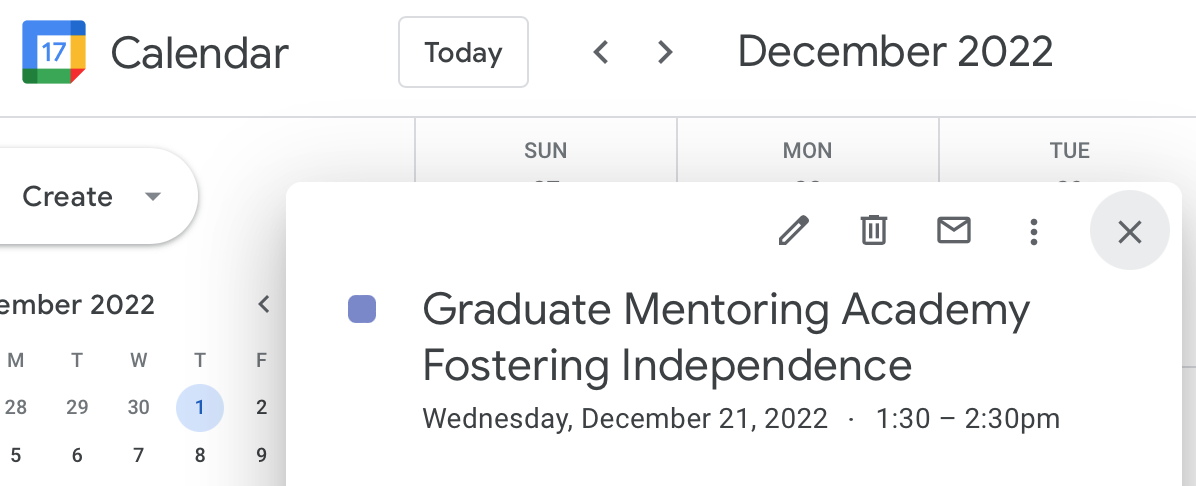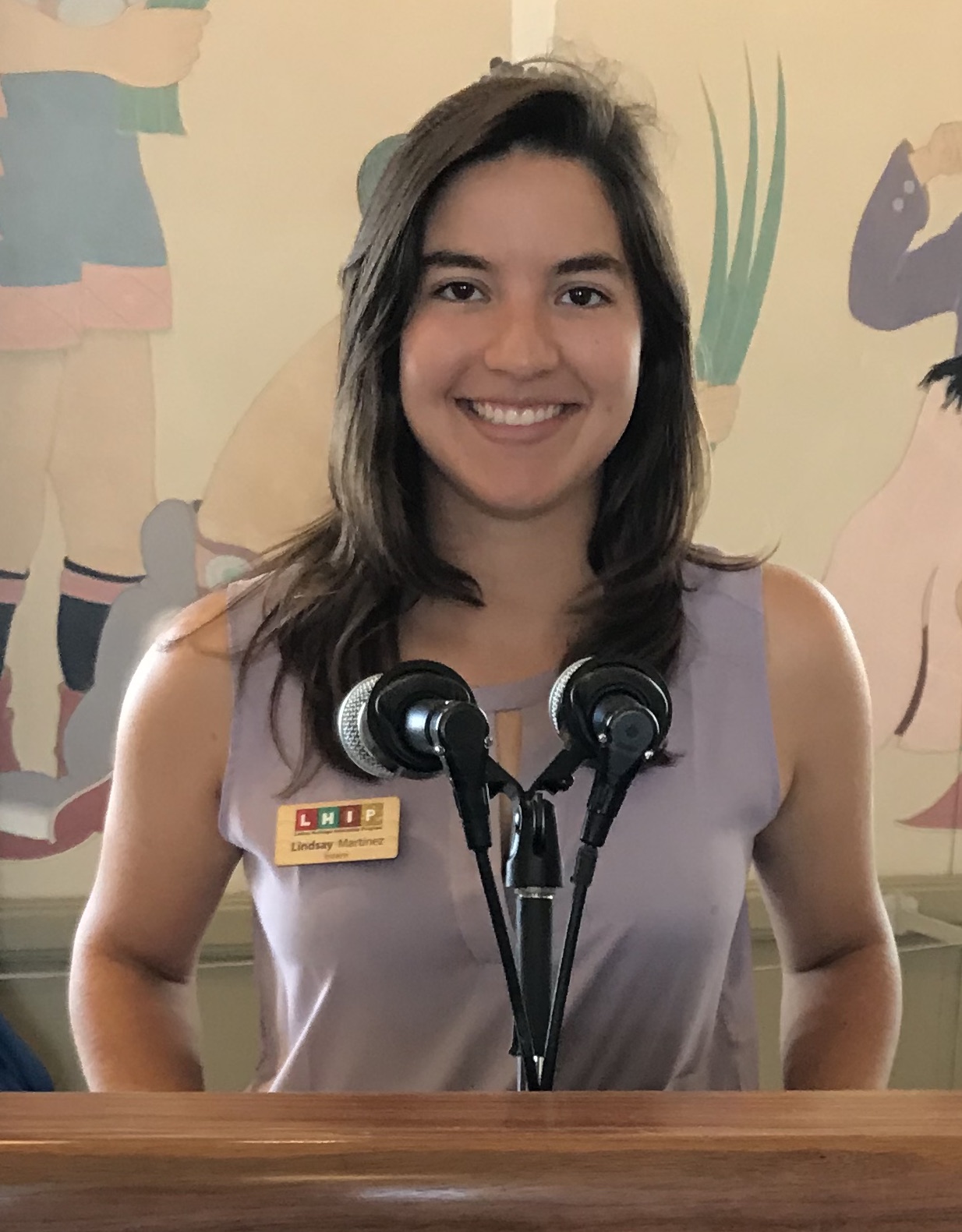March 2023

Attend the Graduate Mentoring Academy!
Lindsay Martinez
I am engaging with the Texas A&M Graduate Mentoring Academy to learn more about mentoring and being a mentee. I have been working on going through the Graduate Mentoring Academy since spring semester of 2022 and am now just a few sessions away from completing the program becoming a Graduate Mentoring Academy Fellow. I participate because I want to have effective relationships with mentors. These relationships can be helpful for both my academic work and my future career. Additionally, I wanted to explore how I can become a good mentor to someone else one day. I think that participating in these formal sessions and taking time to think about mentoring is a good start to becoming a better mentee and a better future mentor.
Graduate Mentoring Academy Fellows must complete seven competencies to complete the program. These include sessions on communications, expectations, understanding, equity and inclusion, independence, professional development, and mentoring philosophy. During graduate mentoring sessions, we explore different dimensions of the seven competencies. Staff at the Graduate and Professional School present information to us, we explore different online resources, and we have discussions with breakout groups to talk through various mentoring situations. Some sessions include graduate students, faculty, and staff. All of these folks are taking the time to think about mentoring, and it can be interesting to hear the perspectives of both the staff and faculty on mentoring and compare these to my own thoughts as a graduate student.
One resource I really like from the Graduate Mentoring Academy is one that I only learned about during the program. It is a compact for graduate students and their faculty advisor. This compact is a worksheet that students should complete with their advisor. Completing the compact will define various work expectations for the graduate student and the advisor. Completing the worksheet requires meeting with your advisor at the beginning of your academic program and then determining everything from how often to meet to how to publish papers to how much vacation time the student will have. While many graduate students, myself included, were not aware of this resource until we heard about it at the Graduate Mentoring Academy, we all agreed that we wished we knew about it when we first started our graduate programs. I highly recommend that anyone planning to start graduate school take the time to use this worksheet and define the advisor’s expectations for the student. It might even be helpful for students who are already part way through their program if they are looking for more clarity on expectations in their graduate program.
